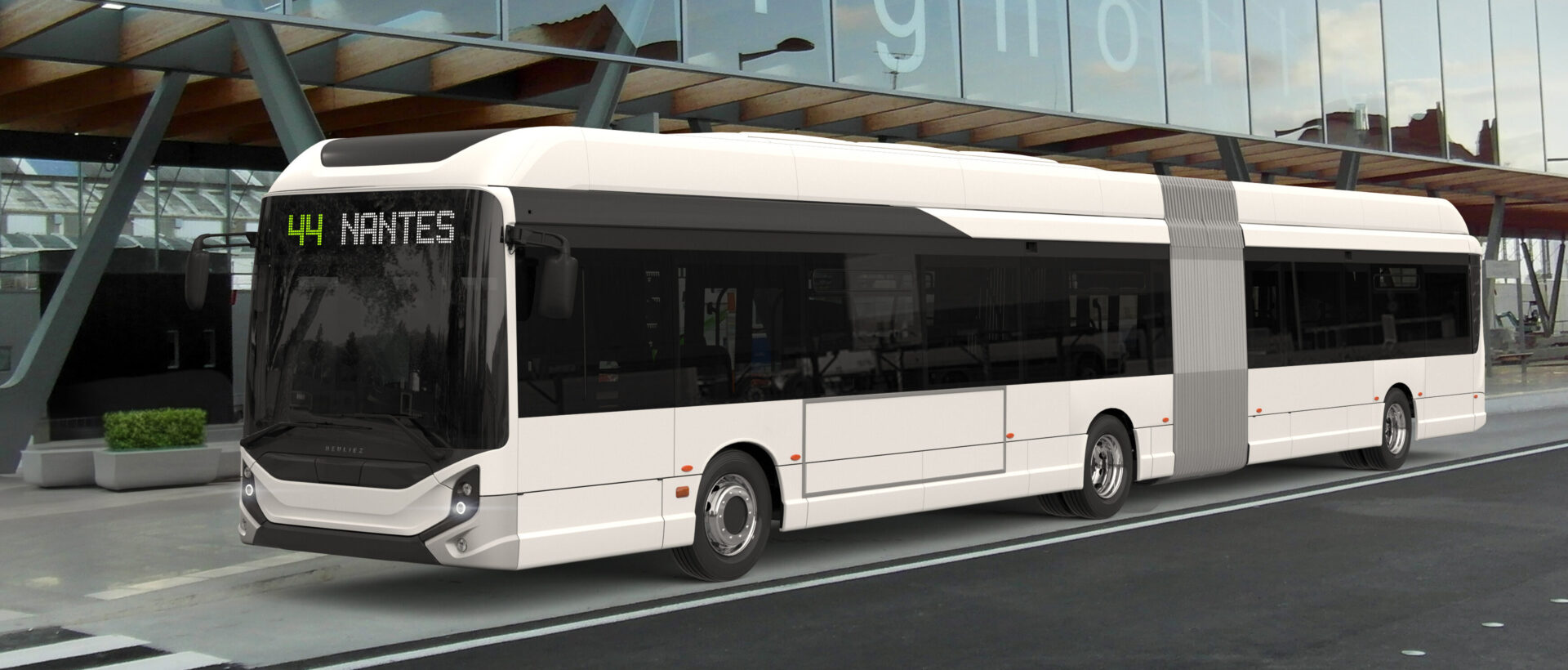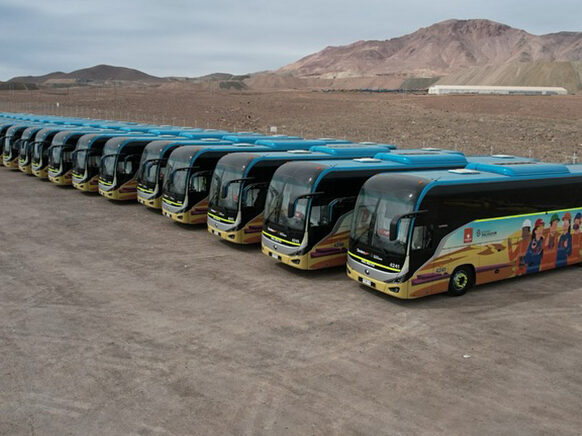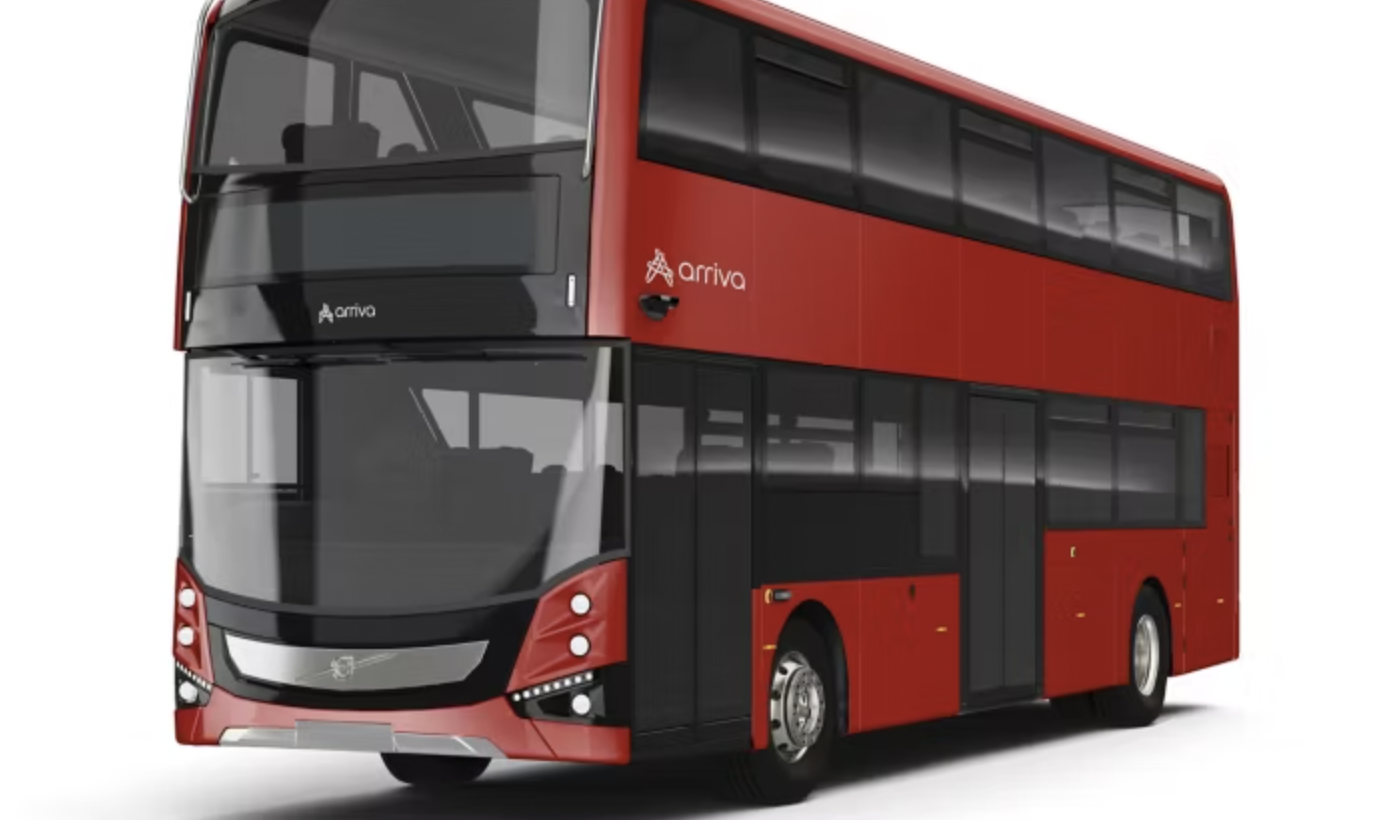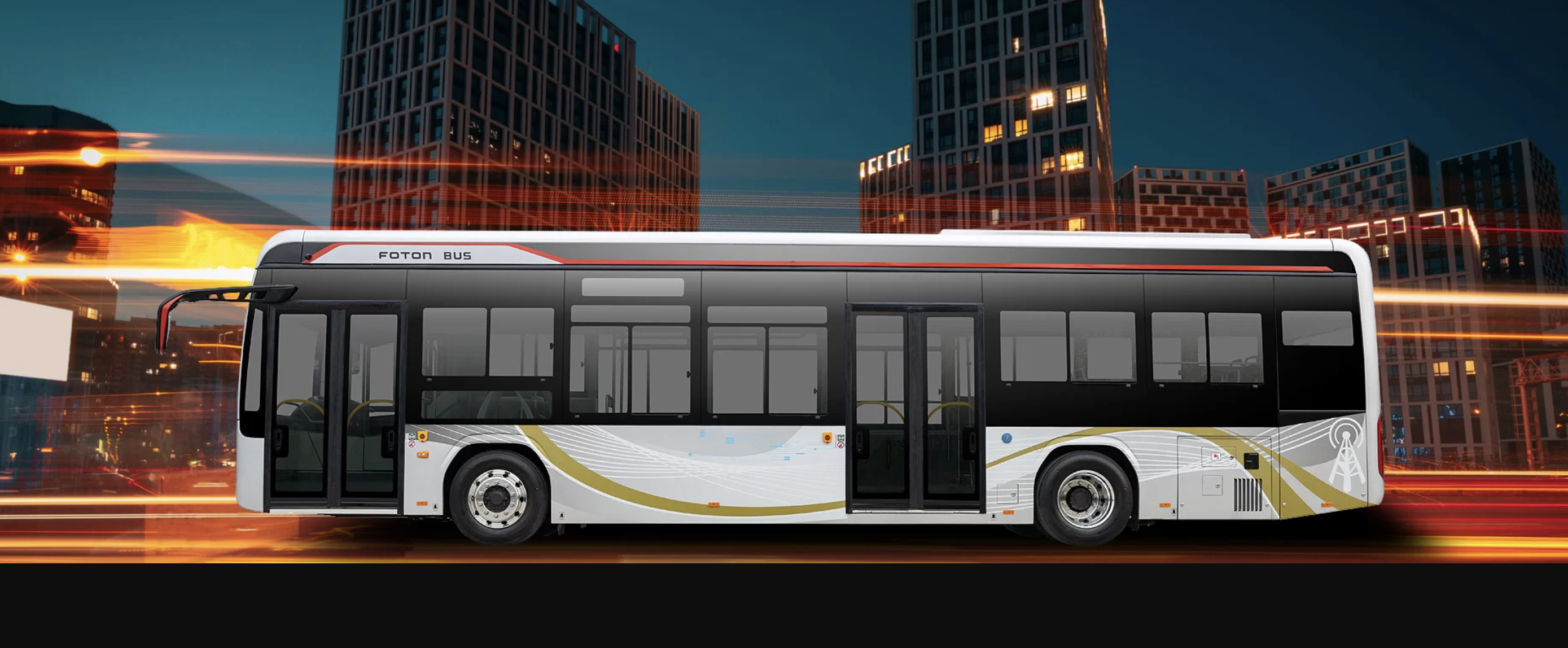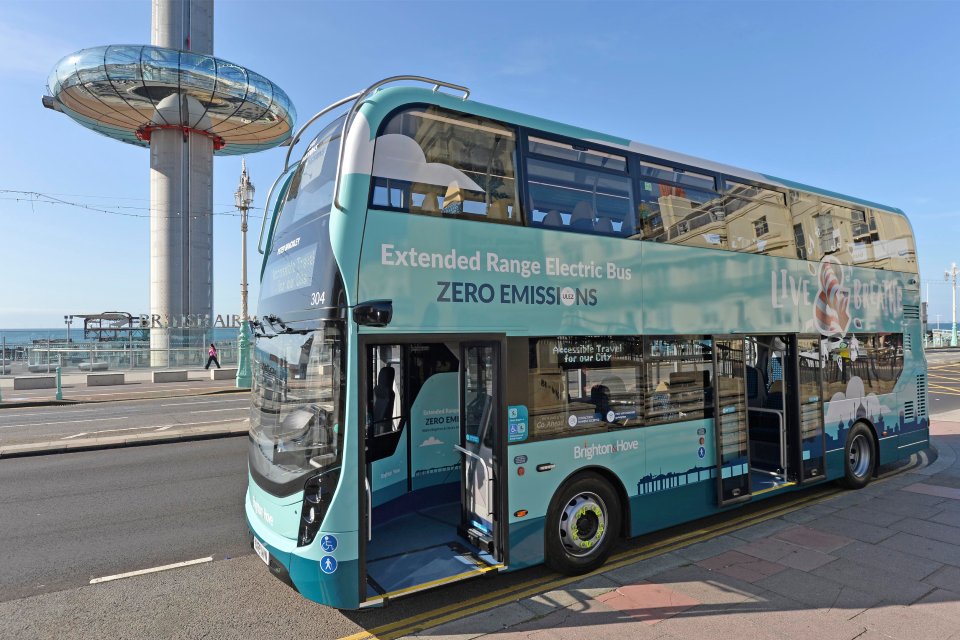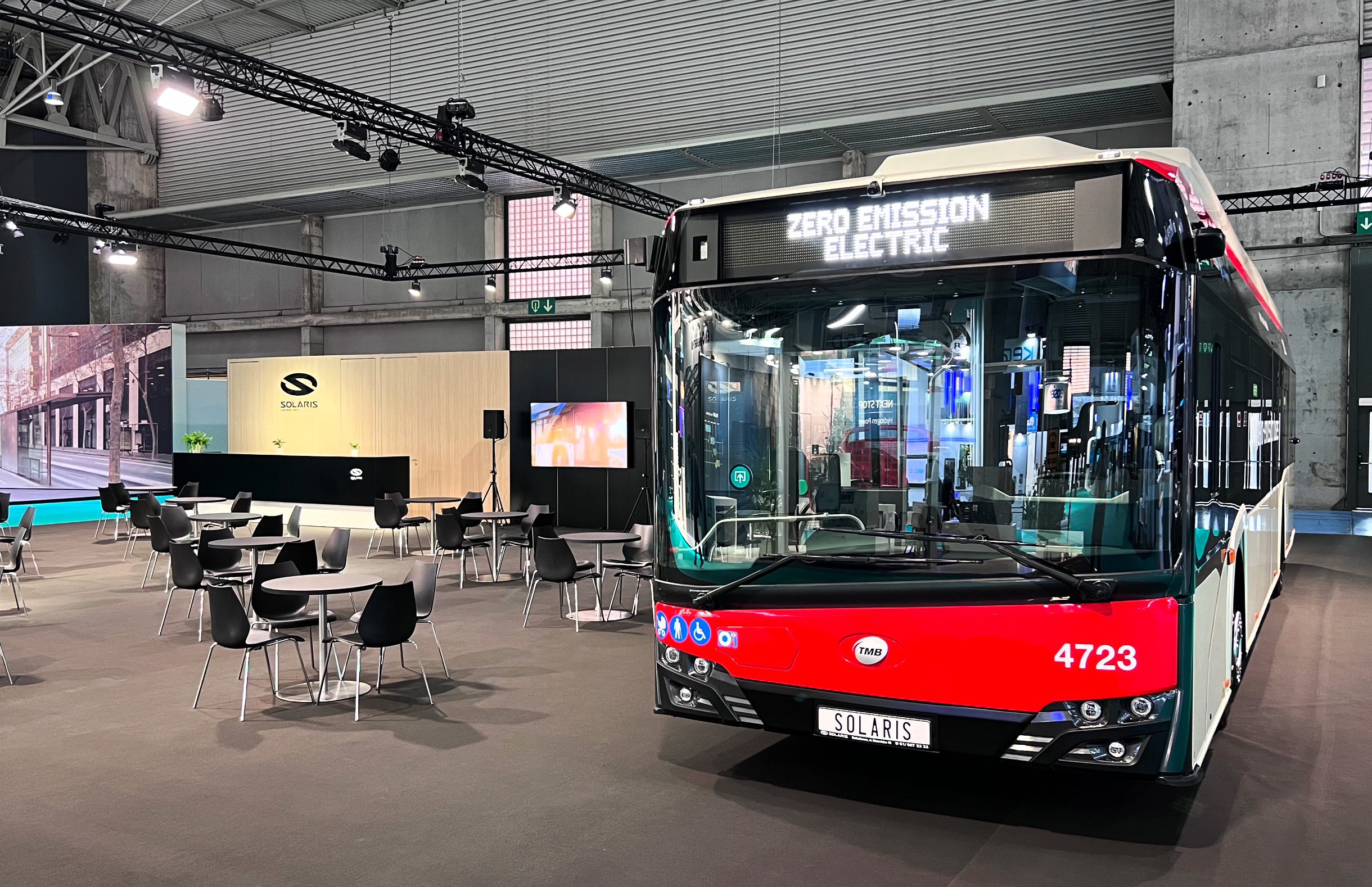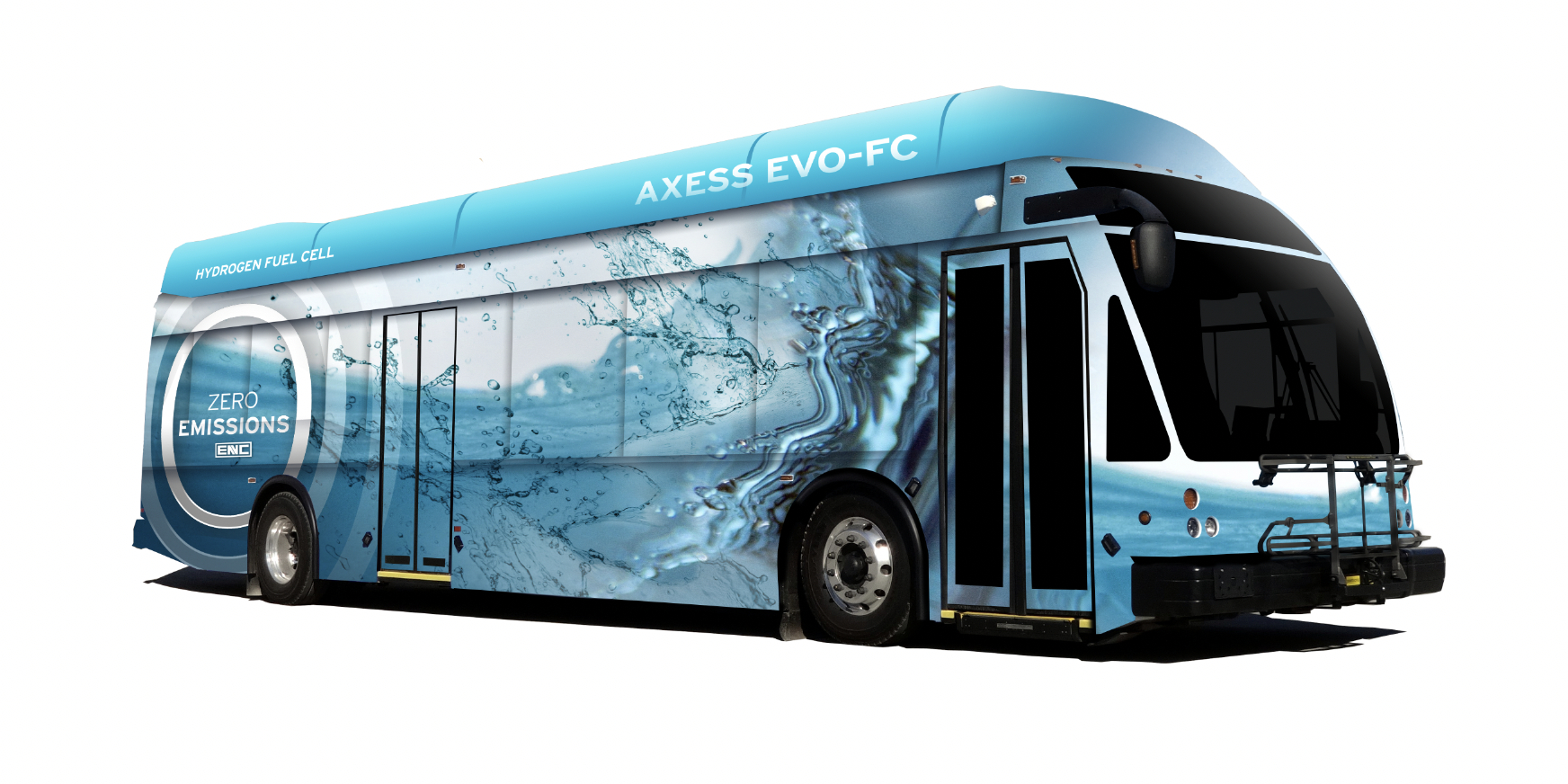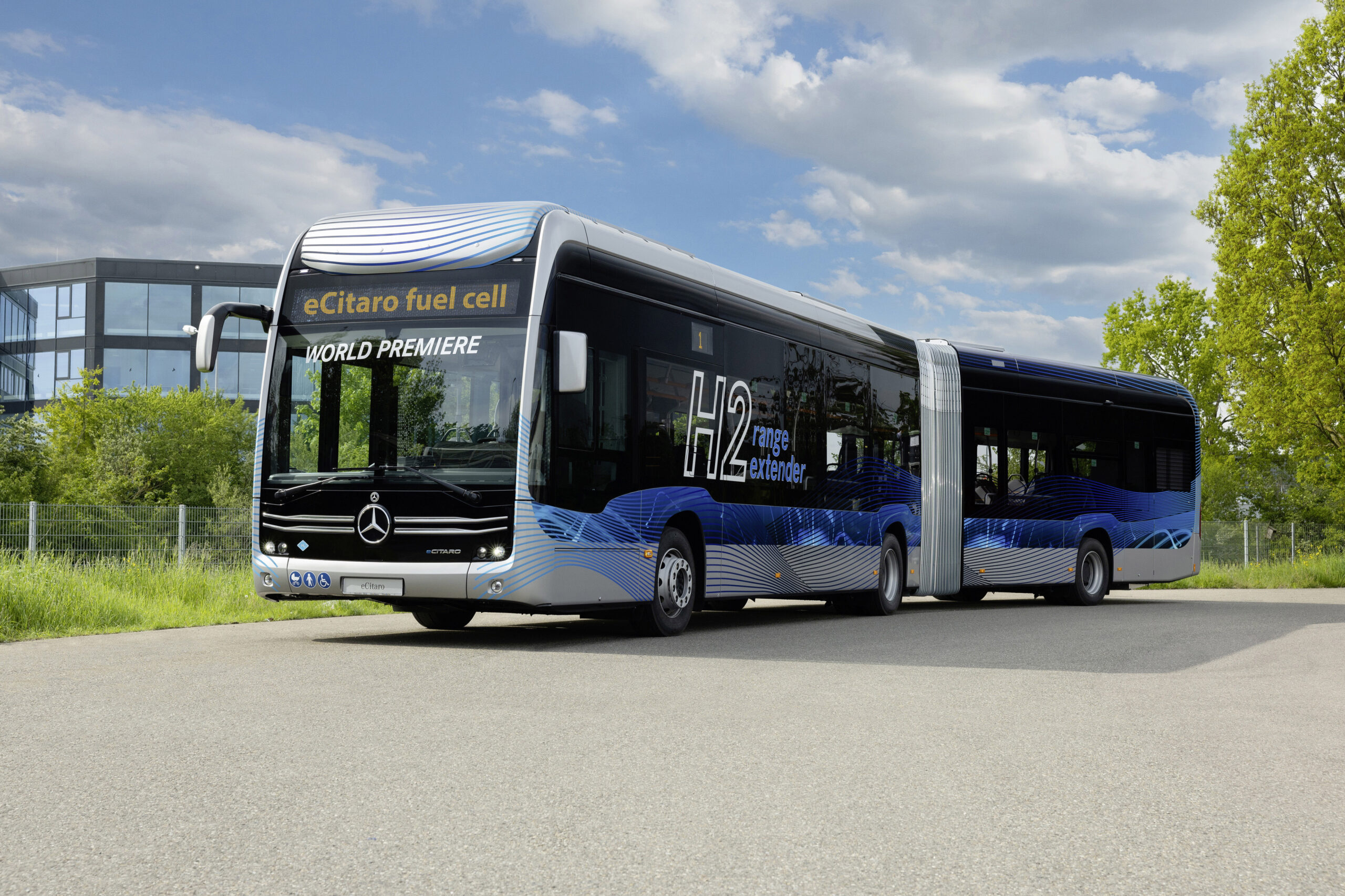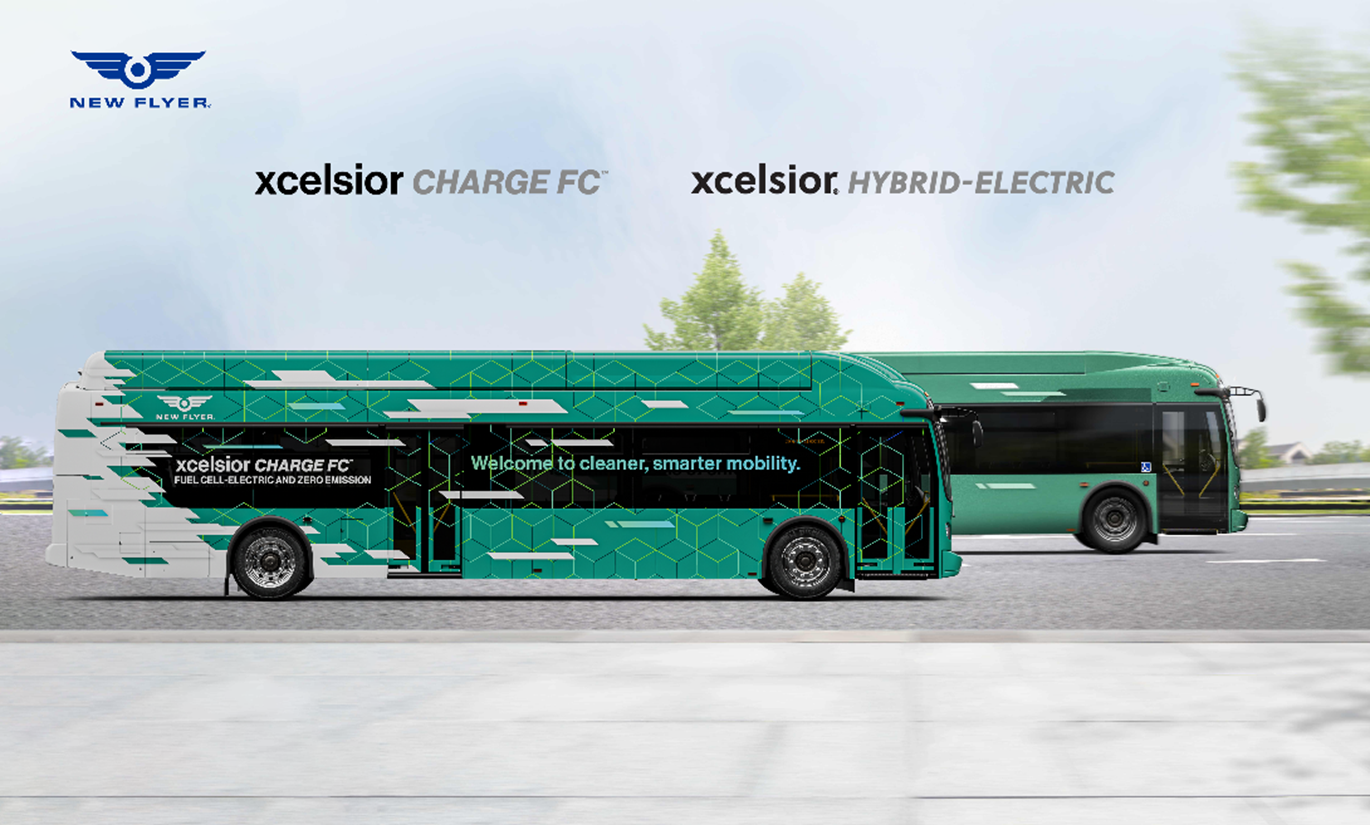An Mercedes-Benz eCitaro bus equipped with a fuel cell was put through an alpine challenge during which it had to withstand extreme cold and steep ascents.
Mercedes-Benz presented its new eCitaro fuel cell for the first time at the start of June. The fuel cell’s purpose is to extend the bus’s operating range. However, prior to series production, the fuel cell had to pass a number of functional and safety tests including a winter alpine crossing.
Such an alpine crossing holds several challenges in store, most notably the temperature conditions and the gradients of the ascents.
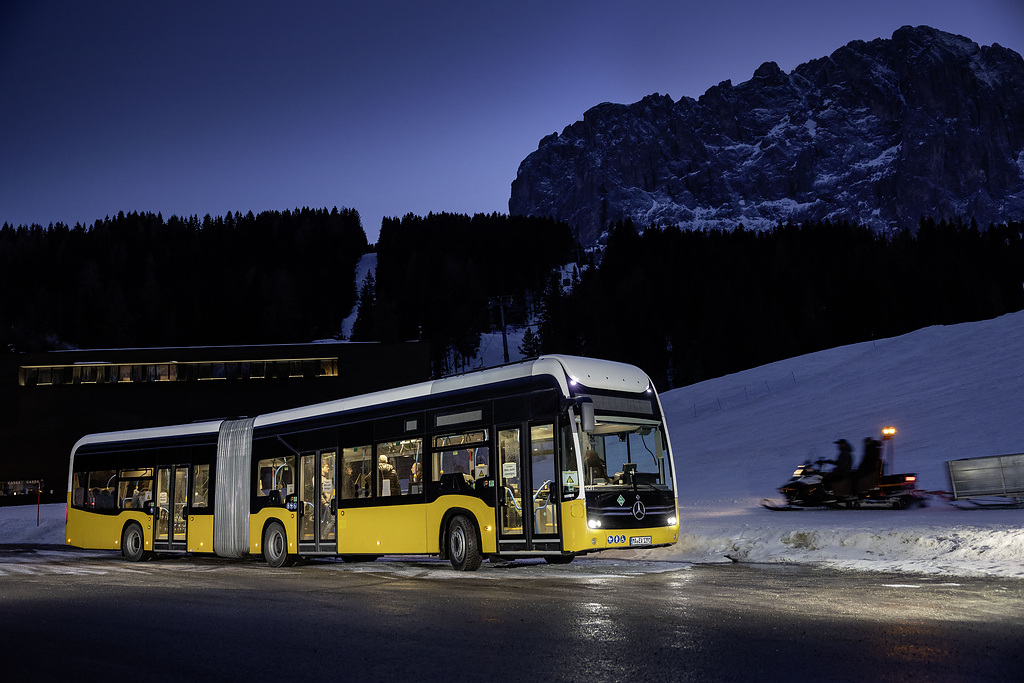
The test started at 1795m at the Plan de Gralba car park in the South Tyrolean Alps using a test vehicle and one of only four prototypes of the Mercedes-Benz eCitaro fuel cell buses.
Following a night at sub-zero temperatures, the electric drive system and fuel cell started up without issue. Mercedes-Benz engineers spent the earlier half of 2023 testing the eCitaro’s fuel cell’s cold-starting behaviour and to trial the newly developed thermal management system. Test runs at above 1700m were to deliver insights into how the fuel cell functioned at altitude. The drive system, meanwhile, had to demonstrate how it would cope with the gradients of the alpine mountain passes, some of which reach 15 percent. Lastly, the engineers were interested in monitoring energy consumption in these conditions.
Test Manager Jonas Steinki said:During the journey, test engineers constantly monitored countless measuring points and data.
Data collected included the temperature of the battery, fuel cell, engines and passenger compartment. Further, the engineers measured the energy consumption of the drive, the heating and other auxiliary consumers, the charge level of the batteries and the fill level of the hydrogen tanks.
During the test, the actual data was compared to calculated target values.
The test run went on for a number of days, starting with an alpine crossing from Neu-Ulm via Füssen, the Fern pass and the Reschen pass to Bolazno. The battery-hydrogen combination was designed to be able to handle the 360km route. However, it was hard for the engineers to know up front how the energy consumption would pan out in the terrain and cold temperatures. Consequently, they opted to partially recharge the high-voltage batteries at the Allgäuer Tor service station.
Test Engineer Rainer Bickel said:Despite the gradient, the fuel cell operated within the most efficient power range of 20 to 30kW. What's more, the new thermal management reuses the waste heat from the fuel cell to control the interior temperature. The electric heating is therefore hardly used so that the overall energy consumption of all the auxiliary units, such as heating, steering and compressor, remains at a very low level.
The eCitaro fuel cell also came into its own on the downhills. During braking, recuperation went up to as much as 285kW, meaning the motors were able to charge up the batteries with up to 285kW, which is almost double the speed of charging they would experience at a fast charging station.
After crossing the Alps to Bolzano, a 368km journey, and following opportunity charging with approximately 55kWh, the bus battery exhibited a 56 percent state of charge. The hydrogen tanks had a 43 percent fill level.
Bolzano was a perfect location to complete the tests run as there is a hydrogen filling station next to the Bolzano South motorway junction and a second one at the Sasa depot, a Bolzano-based transport company. The hydrogen here comes fully from renewable sources, primarily generated via electrolysis using hydroelectric power.
Project Manager for the eCitaro fuel cell Shahrukh Javed said:Yet the winter trial is just one of several tests that the eCitaro fuel cell has to undergo before it enters series production starting in the summer.
In particular, the hydrogen tanks and the fuel cell system have successfully completed extensive safety tests, some of which go beyond those required by law.
These include impact and vibration tests as well as a sled test with the fastening system. For testing under hot conditions, the eCitaro fuel cell was taken to the truck climate chamber of Mercedes-Benz’s truck colleagues at Wörth in Germany.
Shahrukh Javed:The many different measurement results and findings that we can gain from the high altitudes, steep routes and low temperatures on this trip are invaluable. {...}
The eCitaro fuel cell met the challenges of this alpine run with flying colours. Thanks to the new energy management system, the fuel cell mainly operated in the most efficient range between 20 and 30kW, even on long and steep inclines. The new thermal management system was shown to be an important building block for energy efficiency by using the waste heat from the fuel cell optimally to control the temperature in the passenger compartment. On this demanding test journey, the eCitaro fuel cell exceeded our expectations in terms of range as well as the efficiency of the drive and the fuel cell system.


